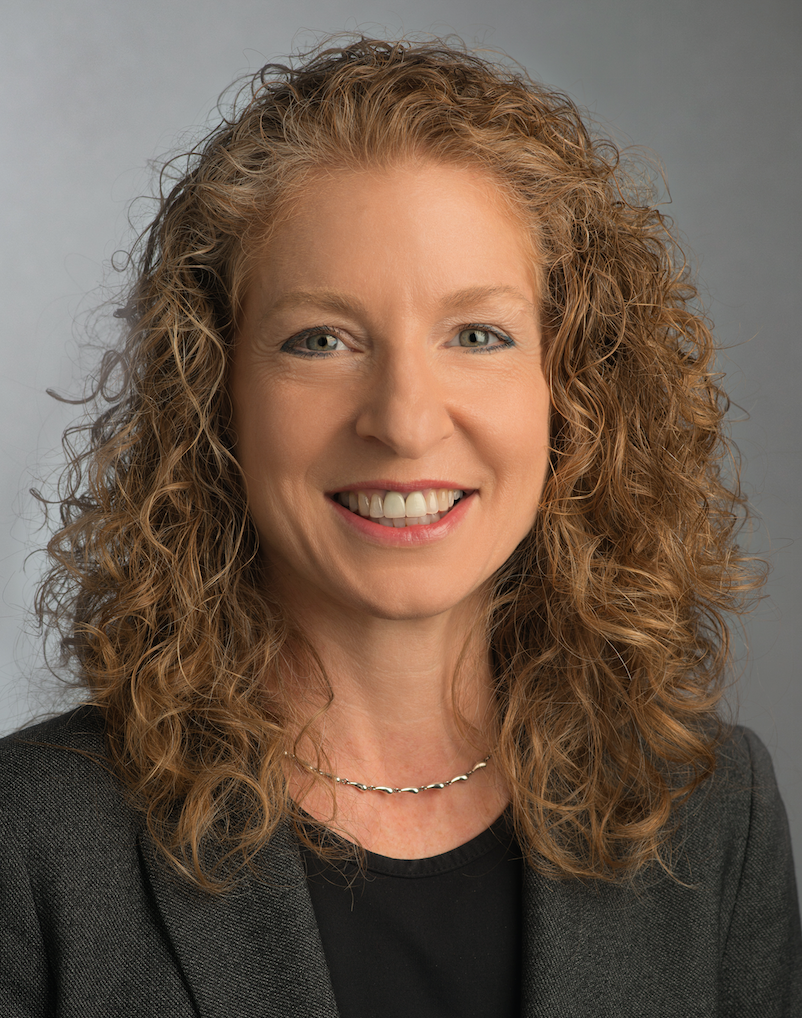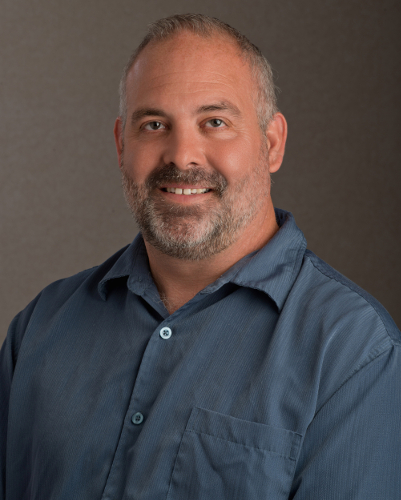
As the medical school’s chief compliance officer, Lori Straube is tasked with ensuring that WMed and its faculty, students, residents and staff are abreast of – and in compliance with – institutional, state and federal regulations.
It is a role that Straube, who also serves as associate dean for Administration and Finance, accomplishes with the help of WMed’s Compliance Committee, an 11-person body that reviews and makes recommendations concerning any reports of potential noncompliance.
Straube said the Compliance Committee meets quarterly to review the medical school’s multiple policies surrounding such things as research compliance, IT security, billing and coding for the WMed Clinics, Title IX compliance, the Family Educational Rights and Privacy Act (FERPA) and the Clery Act and HIPAA, among many others.
Straube said the committee also is responsible for updating the medical school’s Legal Compliance Program Policy Manual every two years.
“Any laws that we are subject to are covered in the manual and our committee members are each assigned to a compliance area,” Straube said. “They each have annual work plans that identify areas for improvement and things we have to keep track of. When the manual is updated every two years, our legal counsel is involved, as well, to ensure that our manual is up to date.”
At the institutional level, Straube said policy revisions are communicated regularly to the WMed community through several mechanisms. Also, she said employees are required to complete a module on compliance as part of the annual NetLearning requirements.

In terms of policy enforcement and annual audits, Straube said WMed relies on outside entities to ensure compliance in areas such as billing and coding. Other entities within the medical school, such as the Institutional Review Board (IRB) are subject to regular compliance reviews by bodies such as the Office of Human Research Protections (OHRP) within the U.S. Department of Health and Human Services.
In cases of potential noncompliance, the medical school employs a Compliance Hotline and an online submission system for fast and convenient reporting.
Jered Cornelison, PhD, the medical school’s Research Integrity Officer and assistant professor in the Department of Pathology, said the medical school works hard to prevent any potential conflicts of interest (COI) when it comes to faculty, staff, residents, and students who want to conduct research.
Employees complete annual conflict of interest disclosures and computer-based learning modules about conflict of interest, and students attend two to three sessions about conflict of interest during their first two years of medical school, including a panel discussion with faculty and representatives from the pharmaceutical and medical device industries.
“In research, it’s vitally important to protect the research subjects and decrease the risks to subjects,” Dr. Cornelison said. “Through our COI policy, we are asking for the disclosure of any interests related to the study to determine whether there is a conflict that needs to be managed.”
In 2016, Dr. Cornelison worked with Dr. Hal B. Jenson, WMed’s founding dean, to revise the medical school’s policies around students’ and employees’ interactions with pharmaceutical, biotechnology and medical device companies. Some of the key changes included more stringent guidelines pertaining to gifts, gratuities, and payments, as well as the prohibition of involvement of WMed personnel in company sponsored educational and promotional programs.
That same year, WMed was one of 42 institutions to receive an A grade – the highest mark possible – on the 2016 AMSA Scorecard, a survey of COI policies at 175 different institutions.
Straube said she is confident about the medical school’s ongoing efforts to ensure compliance in numerous areas.
“With the combination of expertise we have acquired here in various areas, and the work of our legal counsel, I feel like we do a great job of trying to ensure that all bases are covered,” she said. “Are we perfect? No, no one is. But we are doing the things we should be doing? Absolutely.”
